While virtually all cellphone users in this country are served by at least one wireless provider, there are still gaps in coverage which are to be found on the perimeters of large service areas, and in these areas, it’s fairly common for users to experience less robust data speeds, possibly dropped calls, and sometimes even a total loss of service.
To help cover these service gaps, signal boosters can be very useful, and are commonly employed in rural areas or indoor facilities with notoriously weak service. The intent of FCC 13 – 21 is to clarify and announce legal means by which signal boosters can be used to improve wireless service in those areas where it is presently deficient or spotty, and in those areas where it’s blocked by some kind of indoor shielding.
In order to be sure that the usage of such boosters does not conflict with public safety networks, private networks, or commercial wireless networks, the FCC has enacted a set of technical rules which all signal boosters will be required to comply with. According to the FCC, its rules do not favor any one technology over another, the rules will promote huge improvements to signal boosters currently available in the marketplace, and they will encourage further technical enhancements in the coming years.
Legal Boosting of Licensed Frequencies
Part of the framework for FCC 13 – 21 is that it establishes two classes of signal boosters, those being industrial signal boosters and consumer signal boosters. Consumer signal boosters are those meant for personal usage, and which are intended to improve wireless coverage for a car, boat, recreational vehicle, or inside the home. These consumer signal boosters will be licensed under certain requirements, for instance registering the booster with a provider, confirming that the booster itself is FCC-certified to meet the Network Protection Standard, and operating the booster in such a manner that it does not interfere with existing networks.
Industrial signal boosters are intended to provide service for many users simultaneously, and to cover much larger areas like hospitals, tunnels, airports, college campuses, and stadiums. These will require an FCC license, and must be properly labeled as having FCC approval. Installation of industrial signal boosters must be by qualified installers or licensees, to ensure that all standards are met during the process.
What does FCC 13-21 Actually Say?
All such consumer signal boosters and industrial signal boosters must go through a two-part process to transition toward compliance with FCC 13-21, the first of these being that all applications for registration of either type of booster currently on file with the FCC will be rejected as of February 20, 2013, if it does not comply with the new rules imposed for registration. Secondly, all new signal boosters sold in the U.S. after March 1, 2014, must meet the new requirements of the FCC, or they will be considered to be illegal equipment.
The stringent measures adopted by the FCC for the usage of legal signal boosters are designed to ensure that the usage of either industrial signal boosters or consumer signal boosters do not cause signal degradation on existing networks, so many of the specific technical requirements are designed to reduce or prevent interference to those wireless networks.
What Does This Mean to Customers?
In a nutshell, individual customers who are subject to poor wireless service in underserved areas can legally boost the performance of their cellphones by purchasing an FCC-approved unit, and installing it right out of the box, to get better service for a home or vehicle. The provider for that signal booster must also be FCC-approved, and it must not be used in a manner which conflicts with any other existing wireless networks.
For larger customer groups, e.g. inside large buildings or facilities, an approved FCC industrial signal booster can be installed by a qualified specialist at the facility, providing that the signal booster meets all FCC standards, and is operated by an approved FCC provider. All the regulations and approvals are really necessary, so that rogue operators don’t start interfering with various wireless networks and causing chaos.
But the bottom line is – even areas which have typically had poor wireless service in the past can be dramatically improved, because the signal boosters themselves must meet stiff technical standards, and they will be potentially available at almost any location, even all the ‘perimeter’ and ‘gap’ service areas.


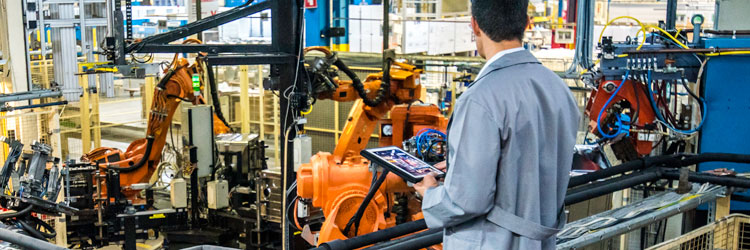
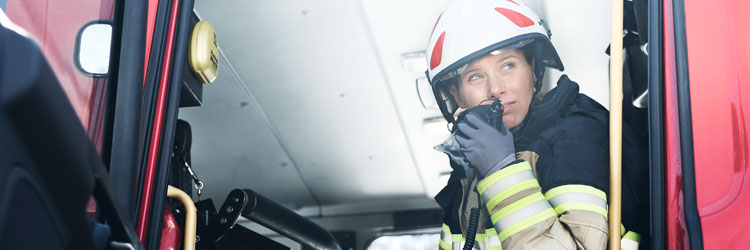
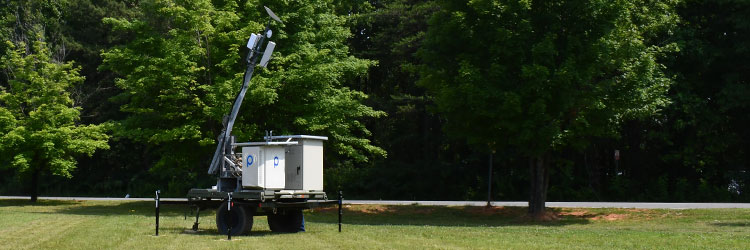



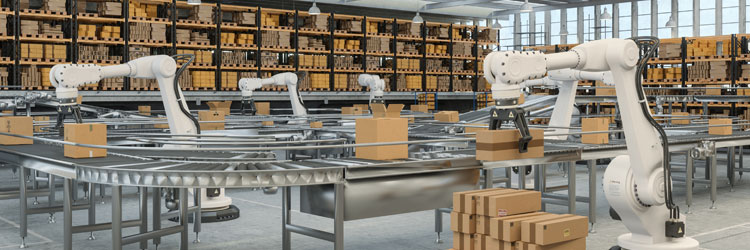

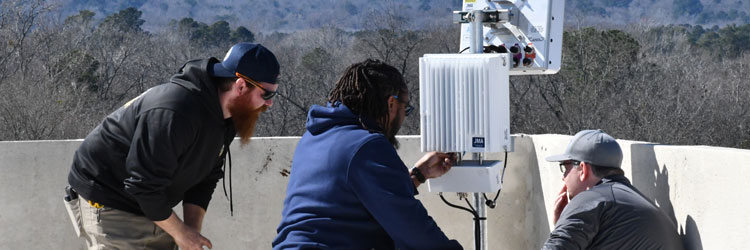
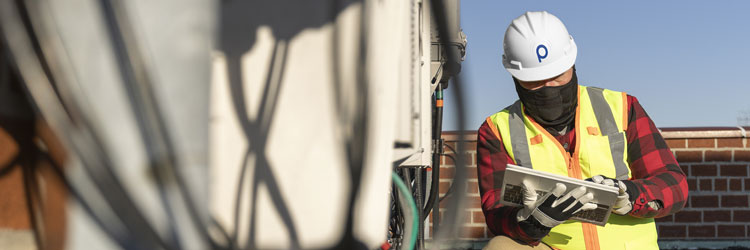


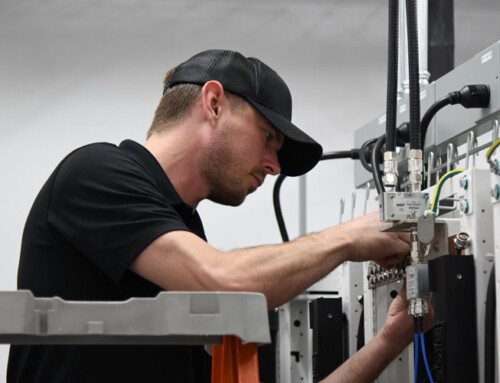
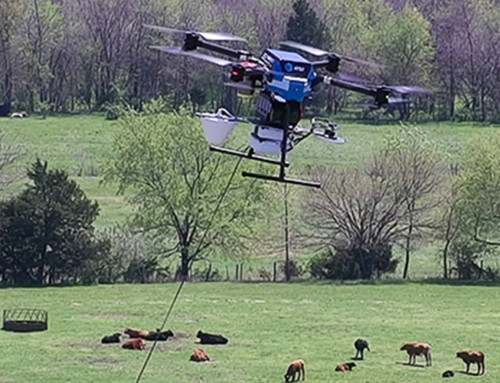
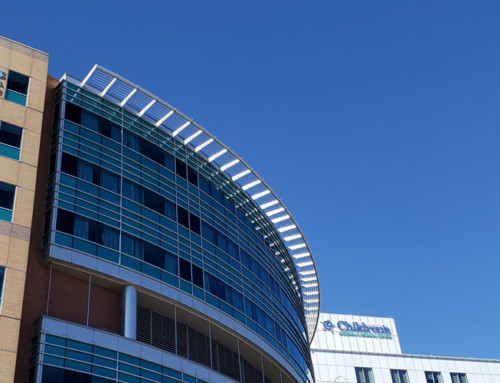
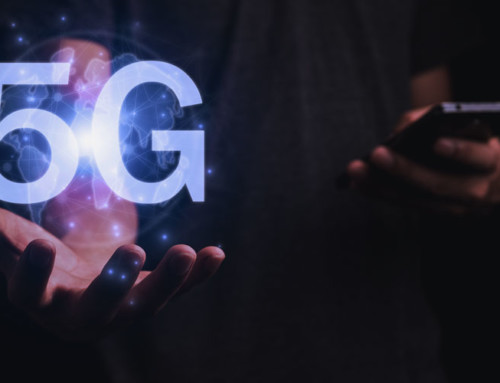
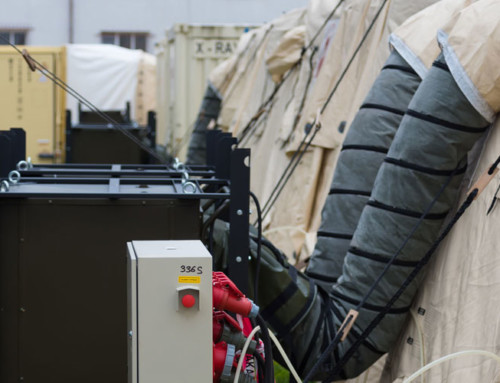


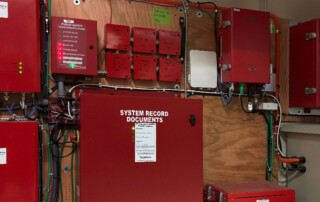
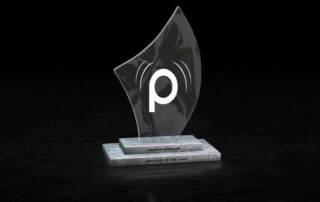
Leave A Comment